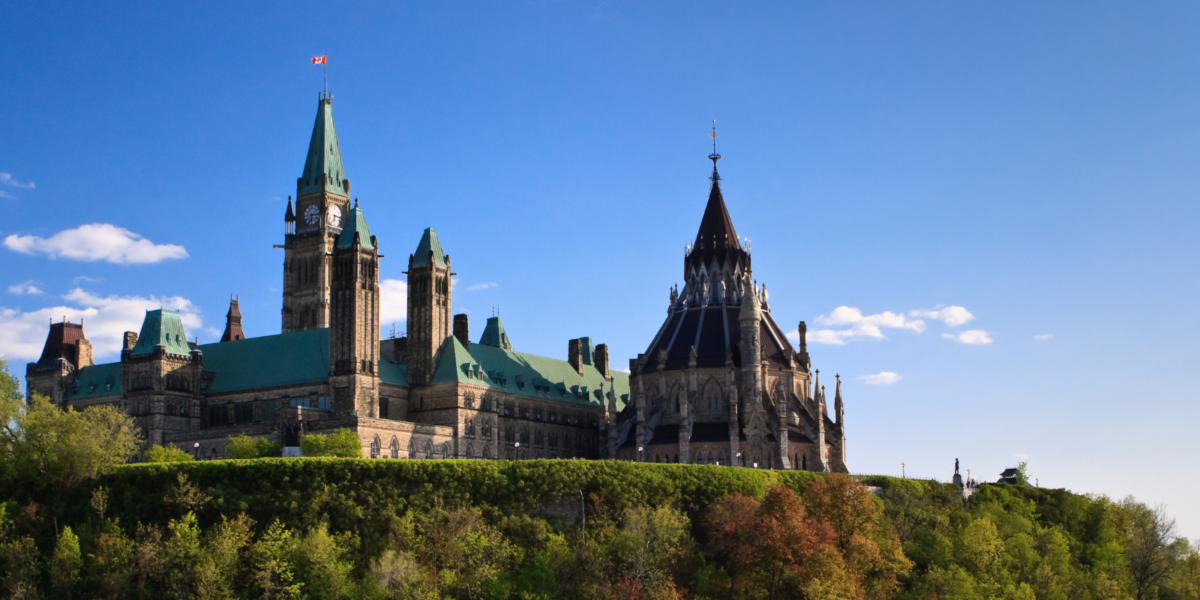In September 2018 Canada took leadership on the world stage when it became the first country to recognize Myanmar’s atrocities against the Rohingya minority in that country as genocide. As violence against the Rohingya continued in Myanmar, Canada was thanked by Rohingya around the world for showing leadership, and there was hope that the federal Liberal government of Justin Trudeau would play a leading role on the world stage to help prevent further genocidal atrocities against the minority.
But as Rohingya world wide marked the seventh anniversary of Rohingya Genocide Remembrance Day on August 25 this year, Canada has not only demonstrated hypocrisy around its frequent claims to being a “rule of law” nation and defender of international human rights, it has also demonstrated its abject failure to defend those rights by doing little of substance to address any of the underlying issues around the Rohingya genocide despite promises to do so on multiple occasions since 2017.
Seven years after the most recent genocidal violence experienced by the Rohingya, something which is the culmination of genocidal policies implemented over the past four decades, Canada has shown that it is not interested in addressing the root causes of genocide.
The inaction of Canadian leaders gives the impression that they seem to care little that more than 400 Rohingya villages were destroyed, thousands of Rohingya women were gang raped, or that thousands of men, women and children were butchered by the Myanmar military.
Seven years of genocide
Since 2017, the political situation in that region of the world has changed. The military is back in control in Myanmar after a 2021 coup, while the Rohingya in the remaining villages in Myanmar’s Rakhine state are being subjected to new atrocities.
Recently approximately 200 people were killed by drone strikes as they tried to flee on boats in the Bay of Bengal. Also, over the preceding months dozens of Rohingya villages were destroyed as Buthidaung township became a battleground for the Myanmar military and a rebel group called the Arakan Army, with the Rohingya caught in between the two forces, and many being forced to flee for their safety.
The situation in Bangladesh is also different given the recent regime change that ousted former prime minister Sheikh Hasina. But this means little for the more than 1.3 million Rohingya refugees who are wasting away in the largest refugee camp in the world in that country, with little prospect of returning to their homeland.
With the world’s attention focussed on other international crises, it seems like the plight of the Rohingya no longer matters to nations like Canada which claim to be defenders of the so-called “international legal order.”
The ‘rule of law’ hypocrisy
Canada and its allies have shown that the international rule of law matters little where it doesn’t serve the political agendas of the West. When they had the opportunity to uphold the foundations of the United Nations – the UN Charter, the Universal Declaration of Human Rights and the Genocide Convention – they chose to do as little as possible or nothing at all where the people facing danger were racialized.
Another example of Canadian hypocrisy and failure to act is related to the genocide case filed by Gambia against Myanmar in November 2019. Despite past calls by Rohingya activists and Canadian human rights organizations for Canada to file a case against Myanmar at the International Court of Justice it was the tiny African nation of Gambia that stepped up and took leadership on the issue.
Since then Canada’s foreign affairs minister has issued media statements on three separate occasions saying it would support Gambia’s case but has failed to follow through each time. To Canadian Rohingya activists it appears that this nation’s leaders are more interested in getting good PR on the international stage than helping to prosecute Myanmar for its genocidal crimes.
Canada’s disinterest in preventing or stopping genocide has become very evident over the years with its unwillingness to take action against China in the genocide of its Uyghur minority, its failure to take action or at a minimum condemn the 10-month-long genocide of Palestinians by Israel, as well as Canada’s failure in the 1990s to do anything to help prevent the Rwandan Genocide or the genocide of Muslims in the Balkans. Judging from the inaction of Canadian leaders it seems Canada is more interested in showing humanity and expressing sympathy for genocide victims after the fact than preventing or stopping crimes from taking place.
By relegating the Rohingya genocide to the back burner of Canada’s foreign affairs agenda this nation’s leaders have failed again to serve the cause of human rights and international rule of law, as they have so many times in the past, and continue to do in the face of the Palestinian genocide.
In doing so they demonstrate the racism of Canada’s foreign policy, and that preventing or prosecuting genocide is not really a priority for this country.



